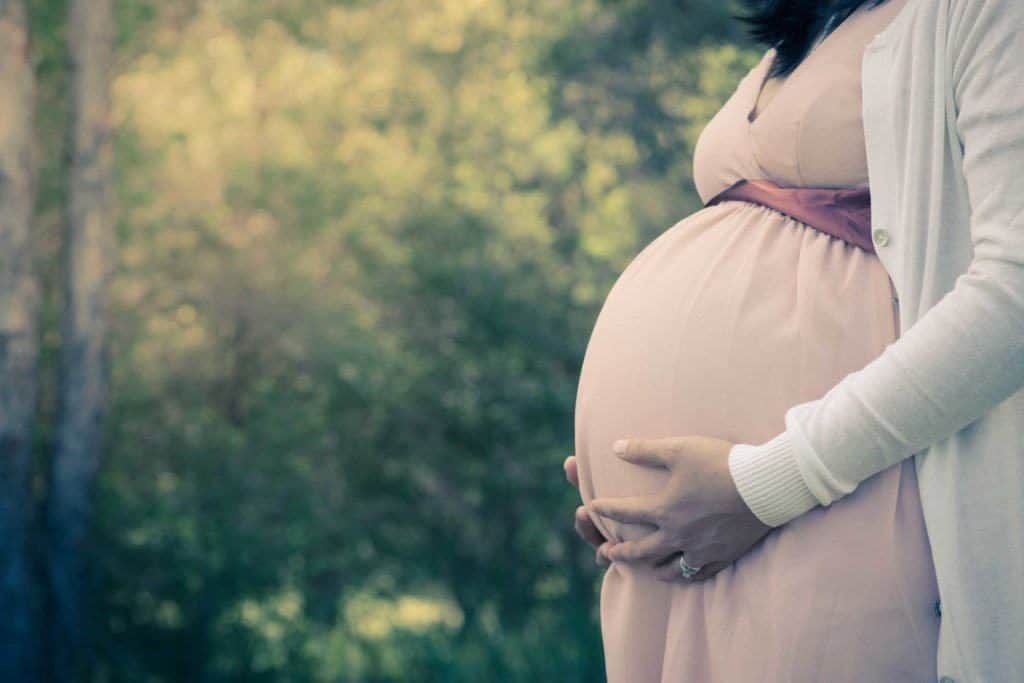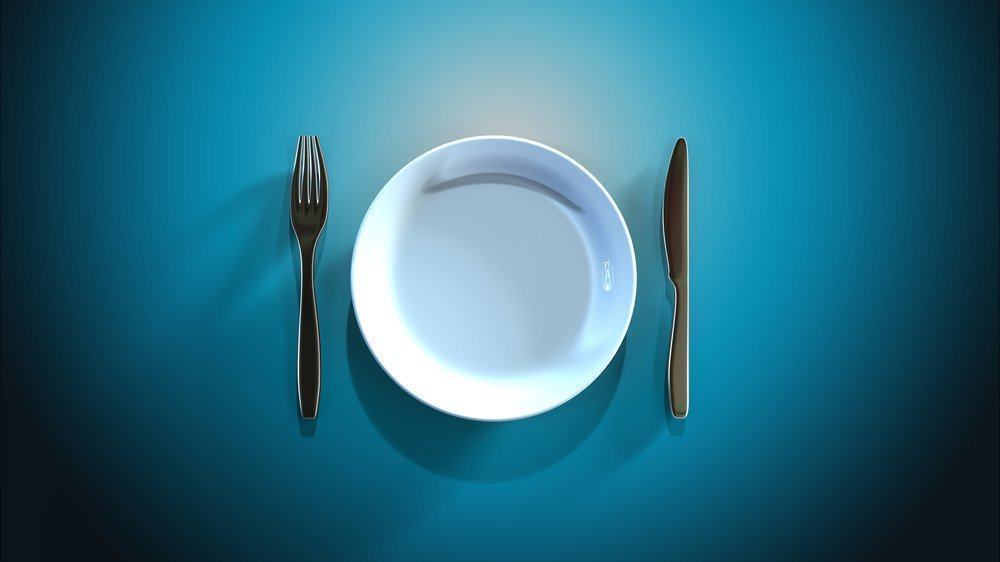Contents:
- Medical Video: Preeclampsia Video - Brigham and Women's Hospital
- What are the causes of preeclampsia?
- What causes the placenta to have problems?
- Who is most at risk of developing preeclampsia?
- Several factors cause other preeclampsia
Medical Video: Preeclampsia Video - Brigham and Women's Hospital
Preeclampsia is a serious complication of pregnancy characterized by high blood pressure, even though the pregnant woman has no previous history of hypertension. Preeclampsia is the main cause of death for mothers in the country
What are the causes of preeclampsia?
Experts believe that the cause of preeclampsia originates from the placenta which does not develop properly due to interference with blood vessel. The exact cause is not fully understood.
The placenta is an organ that transports the mother's blood supply to the baby in the womb. Food and oxygen pass through the placenta from mother to baby. Baby poop is returned to the mother again.
To support the growth of the baby, the placenta requires a large and constant blood supply from the mother. In the case of the causes of preeclampsia, Placenta thatnot getting enough blood can trigger preeclampsia because the placenta is not well developed as it has been formed during the first half of pregnancy.
Problems with the placenta can also show that the blood supply between mother and baby is disrupted. Signals or substances from damaged placenta will affect the mother's blood vessels, causing high blood pressure (hypertension).
At the same time, kidney problems can cause important proteins in the mother's blood to leak into the urine, producing protein in the urine (proteinuria).
What causes the placenta to have problems?
In the early stages of pregnancy, the fertilized egg attaches itself to the uterine wall. The uterus is the organ where the baby grows in it during pregnancy. The fertilized egg produces something like a root called a villi, which will help tie itself to the lining of the uterus.
Villi are blood vessels that deliver nutrients in the uterus and eventually grow into the placenta. During the early stages of pregnancy, these blood vessels change shape and become wider.
If the blood vessels do not completely change, it is likely that the placenta will not develop properly because it does not get enough nutrients.This can be a cause of preeclampsia.
It is still unclear why blood vessels do not change accordingly. Chances are, this is influenced by changes in your genes which are hereditary conditions in the family. However, not all causes of preeclampsia are based on genetics.
Who is most at risk of developing preeclampsia?
Several factors have been identified that can increase the likelihood of developing preeclampsia, including:
- Mothers who have a medical history such as diabetes, kidney disease, high blood pressure, lupus, or antiphospholipid syndrome
- Mothers who had previously experienced preeclampsia too. There is about 16% chance you will get this condition again in the next pregnancy.
Several factors cause other preeclampsia
Several factors also increase your risk of experiencing preeclampsia, although not too significant. However, if you experience two or more of the following at the same time, then you are more likely to develop preeclampsia:
- Preeclampsia is most likely to occur in the first pregnancy compared to the next pregnancy
- Pregnancy has happened 10 years ago, since your last pregnancy
- You have a family history of preeclampsia, for example a mother or sister has had preeclampsia
- You are over 40
- You are obese early in your pregnancy (you have a body mass index of 35 or more)
- You contain Twins or triplets
If you are considered to be at a high risk of preeclampsia, you may be advised to take a dose of 75 mg aspirin (baby aspirin or low-dose aspirin) every day during your pregnancy, starting from when you are 12 weeks pregnant until the baby is born. Evidence shows that this drug can reduce the likelihood of developing preeclampsia.












